There are specific criteria that need to be considered when choosing the best forex broker. From trading style to the client's agreement, here are some useful tips for determining the best broker for you.
Forex trading is not easy. We have to properly understand many unique terms, market mechanisms, as well as practicing fundamental and technical analysis. It is complicated enough as it is. But it could turn even more complicated if our broker applies intricate trading conditions that do not fit our preferred trading strategies. So, the question we are going to talk about in this article is how to choose the best forex broker. It is fairly easy, you just have to perform the following steps:
- Check the regulations
- Understand the trading costs
- Explore the deposit and withdrawal
- Adjust to your trading style
- Test the customer service
- Make sure the broker has educational resources
- Read the agreement
- Compile a brokers' list
- Try the demo account
- Try the live trading
Each of the steps will be explained further below:
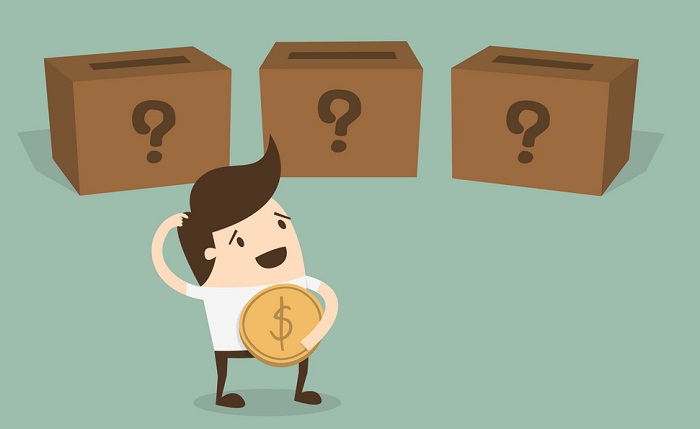
1. Check Out The Regulations
One of the most critical factors in determining which broker is good for you is its regulatory status. Ideally, broker regulations are designed to protect investors from fraud, misrepresentation, and other forms of unethical behavior.
By establishing rules and standards that brokers must follow, regulators help ensure that investors are treated fairly and that their investments are handled responsibly.
Each jurisdiction has its regulating bodies that might apply different rules. So, it's not odd to see a broker with multiple regulations, especially if they offer services in several countries.
For example, Financial Conduct Authority (FCA) watches over brokerages in the United Kingdom and the Australian Securities and Investments Commission (ASIC) is in charge of Australian brokers.
2. Understand the Trading Costs
Trading costs are very crucial to consider before choosing a broker as they can directly affect your trading plan. Traders tend to favor brokers with lower trading costs as it would not require them to pay extra. However, the consideration is not as simple as that.
Traders must understand the fees and commissions charged by the broker for the services they offer. Some brokers may charge higher fees for certain services, while others may offer lower fees but have fewer services. Most brokers charge spreads for each trading position, which is the difference between bid and ask prices.
In addition to this, you should also consider other features that might require some fees such as research, market data, or access to trading platforms.
3. Explore the Deposit and Withdrawal
Some might argue that deposits and withdrawals mark the beginning and ends of trading activity. There are several features you can consider about deposit and withdrawal. First, most brokers have a minimum deposit; you need to ensure their minimum amount is within your ability. Next, you should consider their deposit and withdrawal options as well. The most common deposit and withdrawal options are bank transfers, credit/debit cards, and electronic wallets.
More importantly, you need to ensure the transaction process is quick, free of anys and unexplained cancelations. To acquire this insight, you may dive into traders' forums and read their testimonies about the broker.
4. Adjust to Your Trading Style
Each trader has their style. You, too, must have your requirements, the things you want your broker to provide for, usually in the different types of accounts they offer. So, please make a list of it.
These are some items you may want to think about when it comes to choosing brokers based on trading style:
- minimum deposit and minimum lot
- trading instruments (forex/commodities/futures/binary option)
- leverage
- swap or free swap
- spread (fixed/floated)
- commission/fee
- social trading connectivity
- deposit/withdrawal methods
- and so on
5. Test the Customer Service
A broker customer service line is crucial when deciding which broker suits you. It can directly impact your trading experience with the said broker. A reliable and efficient customer service team can help you with queries or issues, building trust and fostering long-term relationships. In case of any problems, you would need quick and effective resolution, and a responsive customer service team can ensure that you feel supported and valued.
6. Make Sure the Broker Has Educational Resources
Brokers' educational resources are essential for any trader, especially if you are new to the market. These resources provide traders with valuable information and knowledge about the financial markets, trading strategies, and technical analysis. Some brokers offer a variety of educational materials, such as webinars, tutorials, trading courses, eBooks, and market analysis. A good broker should provide a comprehensive and easy-to-use educational resource center that caters to traders of all levels, from beginners to experienced traders.
7. Read the Agreement
You have chosen some brokers that you would like to sign up with. What then? Well, you register yourself. In the process, you will be given some papers to read about trading terms, just like when you open an email or a savings account.
Please read them carefully up to the small prints at the bottom. Please don't pass it.
Reading them all may be tiring and confusing, but you must fully understand what you sign up for. You won't be able to sue them later when you've agreed to it initially.
8. Compile a List of Reputable Broker
There are countless brokers in the world. Some put no minimum initial capital, some will give you money when you open an account with them, and some put a relatively high minimum deposit.
Some offer forex only, commodities and futures, some offer binary options only, and some cover everything.
But generally, all brokers are equal, except some who might be scams. Compile a list of brokers who suit your preferences. Then visit my article on recognizing scams, make a checklist, and remove any broker whose reputation is doubtful.
Afterward, it's up to you to choose which broker you want to sign up with. To get a feel, you could scour forex forums once again and read users' testimonies about those reputable brokers.
You could ask questions through chat or email to test their support. Or you could use your instinct to choose one or two.
Don't throw away your list because you may need it again if the chosen ones fail to impress you on trial. The easiest way to filter the best broker may also come from using some tools like broker finder or broker comparison table.
Also, you can pick a broker based on its location. Brokers from advanced countries like the US and the UK are generally more regulated and sophisticated for professional traders.
9. Try the Demo Account
A demo account is a multifunctional item. You could practice, try out your systems with it, and test your broker with it.
Make a note on the spread and quotes/requotes in particular because any slippages on the two might destroy your trading plan.
That's why I like the ones with fixed spread better than others who offer floating spread. A floating spread means that the spread will vary from time to time, and when there is high volatility in the market, the amount could go crazy.
10. Trials And (Hopefully No) Errors
You've chosen carefully, and now you are impatient to start live trading. Well, don't be so impatient. Start with depositing a small amount of money; an exact minimum deposit, if you will, or a bit more than that.
Trade with it for about a month, and try to withdraw from your account. Can you do that? If yes, then congrats on finding your broker. Deposit more money in your account, and start trading for good.
Although your broker is good, you could still experience losses. A mistake on your part could make your open positions right before the market reverts its direction.
A decision made in panic could create slippages. A miscalculation can get you a margin call. Don't judge a broker based on such misfortunes, be objective. The best broker can provide a sound environment for your trading, not one that enables you to profit consistently.
Safe trading could be assured by choosing a good broker. Aside from the abovementioned recommendations, you should also learn how forex brokers may cheat you.

 Dedicated FREE FOREX VPS
Dedicated FREE FOREX VPS Free FOREX Virtual Private Server
Free FOREX Virtual Private Server MT4 Demo Contest, Get $500
MT4 Demo Contest, Get $500 Sign Up for an Account, Claim 60% Deposit Bonus
Sign Up for an Account, Claim 60% Deposit Bonus Free MT4/MT5 VPS 2024
Free MT4/MT5 VPS 2024 Send E-mail and Get Free Merchandise
Send E-mail and Get Free Merchandise $1K Refer a Friend Bonus for Pepperstone Pro clients
$1K Refer a Friend Bonus for Pepperstone Pro clients Maximize Your Earnings with 100% Deposit bonus
Maximize Your Earnings with 100% Deposit bonus Trade to Win, $5,000 Monthly Demo Contest
Trade to Win, $5,000 Monthly Demo Contest Claim 30% + 15% Deposit Bonus from LiteFinance
Claim 30% + 15% Deposit Bonus from LiteFinance

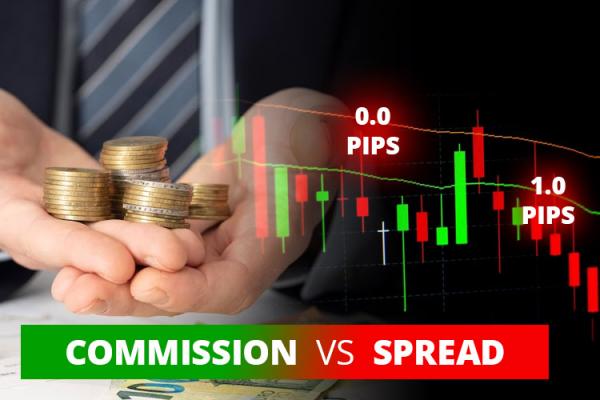
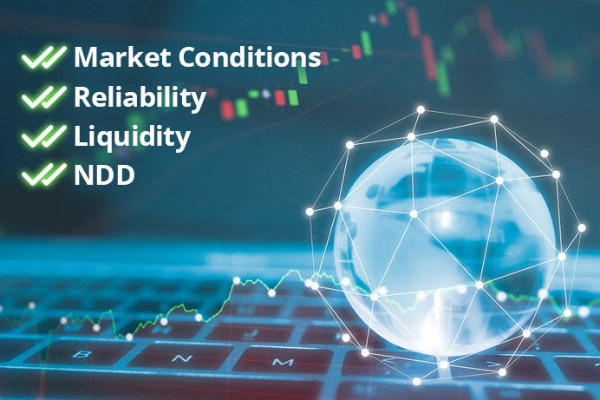
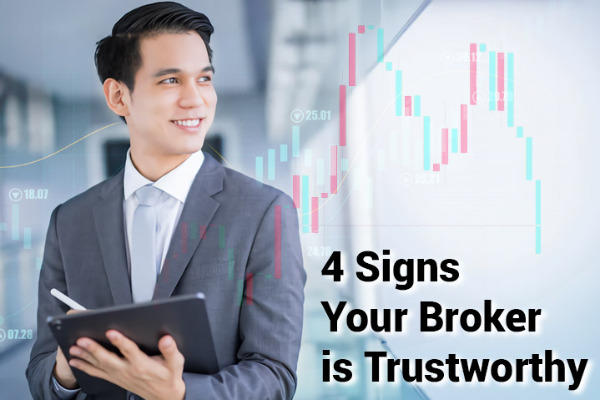
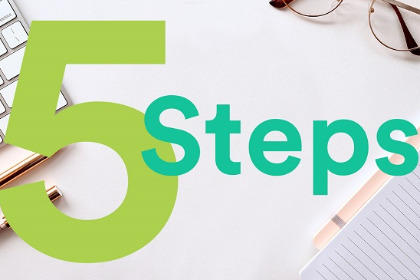
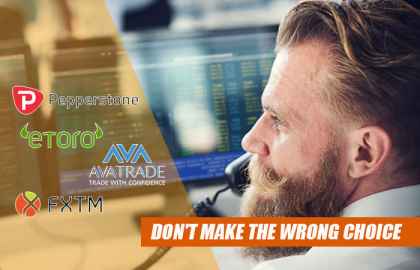






6 Comments
Joshua
Jun 10 2023
When signing up with a broker, it's crucial to carefully read and understand the trading terms and conditions provided to you. These documents, similar to reading emails or opening a savings account, may contain important information that you shouldn't overlook, including the fine print at the bottom.
While it may be tiring and confusing to read through all the details, it's essential to take the time to fully comprehend what you're agreeing to. By doing so, you'll avoid potential issues and won't be able to claim ignorance later on. Remember, once you've agreed to the terms and conditions, it becomes binding.
With that in mind, what tips or strategies can you share when it comes to effectively reading and understanding the conditions set by brokers? How do you ensure that you don't miss any important details or potential pitfalls?
George
Jul 7 2023
@Joshua: Absolutely, dude! When signing up with a broker, don't underestimate the importance of reading and understanding those trading terms and conditions. Yeah, I know, they can be a snooze-fest, but trust me, it's worth the effort.
First things first, don't rush through it like you're speed-reading a comic book. Set aside some quality time to dig into the nitty-gritty. Take it slow and really absorb what you're agreeing to. Those terms and conditions are binding once you give them the green light, so you better know what you're getting into.
Pay extra attention to the fine print, my friend. I know, it's tiny and can be a pain to read, but hidden gems (or traps) can be lurking there. Look out for stuff like fees, commissions, withdrawal policies, and any sneaky restrictions they might have up their sleeves.
If something doesn't make sense, don't be shy! Reach out to the broker's customer support and ask for clarification. Better to ask now than scratch your head later, wondering what you got yourself into.
Oh, and don't forget to compare different brokers! Check out what they offer and how their terms and conditions stack up against each other. It's like shopping around for the best deal.
Rodri
Jul 8 2023
How can we effectively train and manage our emotions in trading, taking into account the valuable role of a demo account and the potential impact of spread and quotes/requotes on our trading plan? With a demo account serving as a versatile tool for practice, system testing, and broker evaluation, it becomes crucial to address the emotional aspect of trading. Additionally, considering the varying nature of spread and the potential volatility-induced fluctuations in a floating spread, it becomes tempting to prefer brokers offering fixed spreads. However, emotional resilience and discipline are essential qualities for successful trading. So, how can traders develop the necessary emotional control and adaptability to handle the challenges posed by live trading, especially when real money is at stake, while also effectively utilizing the opportunities presented by a demo account and understanding the implications of spread variations on their trading strategies?
Brandy
Jul 9 2023
Hey There! Is it realistic to expect a 100% success rate in trading, considering the importance of finding a reliable broker, the potential for losses due to mistakes or market reversals, and the possibility of experiencing slippages or margin calls? While finding a good broker is essential and can provide a favorable trading environment, it does not guarantee consistent profitability. Thus, it begs the question: can traders truly achieve a flawless track record or is it more important to approach trading objectively, understanding that losses and challenges are part of the journey?
Alex
Mar 20 2024
Hey there! I've got the same questions as the earlier comment that hasn't received any responses for a while. I'm really hoping to get some answers! Let's dive into the topic of aiming for a 100% success rate in trading. Considering all the factors involved—like finding a reliable broker, potential losses from errors or market changes, and the risk of experiencing slippages or margin calls—is achieving perfection really feasible? While having a trustworthy broker is crucial for setting up a solid trading environment, it doesn't guarantee continuous profits. So, here's the big question: Should traders strive for perfection or take a more balanced approach, acknowledging that setbacks are just part of the journey?
Jeremmy
Mar 27 2024
Hey there! After going through your comments, let me address your question! Striving for a 100% success rate in trading is quite ambitious, given the numerous factors involved, such as securing a reputable broker, potential losses stemming from errors or market shifts, and the risk of experiencing slippages or margin calls. While having a dependable broker is crucial for establishing an advantageous trading atmosphere, it doesn't automatically ensure steady profits. Hence, it's vital for traders to embrace a well-rounded approach, acknowledging that setbacks are an inherent part of the trading journey. Rather than solely aiming for flawlessness, traders should concentrate on effectively managing risks, learning from their missteps, and consistently enhancing their trading strategies to navigate the complexities of the market.